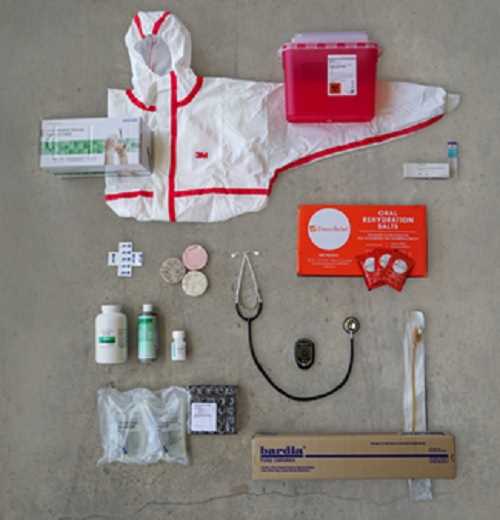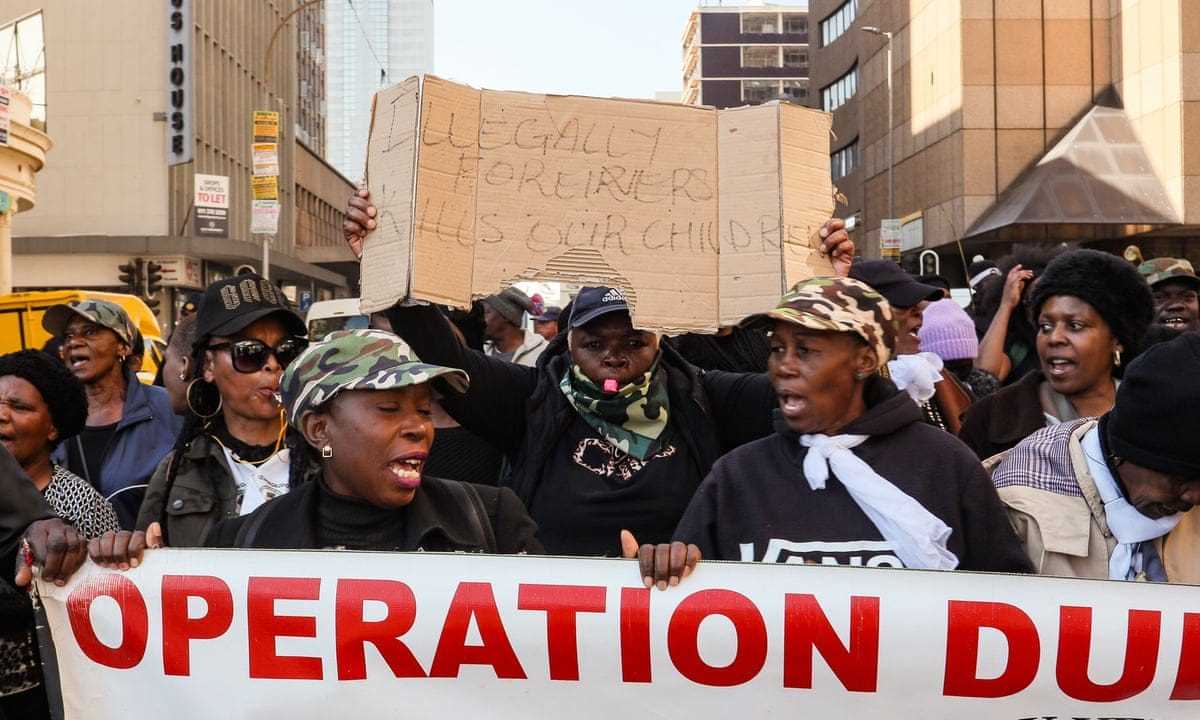…as cases rise

Munyaradzi Doma
The City of Harare has started giving cholera vaccines to residents living in suburbs where there are positive cases, as the number of those suspected to be affected by the disease continues to rise.
Director of Health Services in the City of Harare Dr Prosper Chonzi revealed that the cases are rising in Harare especially in the western suburbs hence they have started giving residents oral vaccines.
“In the areas which have experienced positive cases, vaccinations are available at the clinics, so if you really feel that you are at high risk, you can get to the nearest clinic and get vaccinated.
“Treatment of all diarrhoea cases, all abdominal discomfort cases treatment is for free at the council clinics.
“So if you go there we are treating it as an emergency and the medications are there at the clinics, the aqua tablets are there, the drips are there at the clinics,” revealed Dr Chonzi.
He added that the city now has 21 suspected cases mostly in the western suburbs.
“We now have 21 suspected cases, seven confirmed cases, these are mainly coming from the western suburbs.
Related Stories
“Budiriro has four of the confirmed cases, Glen View 3 has two of the confirmed cases and one is from Mount Pleasant Heights.
“What this means is that we should take this outbreak seriously because it has the potential to spread like veld fire so we need to be on high alert and everywhere even where there are no cases currently.
“We also want people to know that this is a faecal orally transmitted disease which means you can only get sick if you eat or drink something that is contaminated with the vibrio cholerae which is the bacteria that causes cholera.
“So if you don’t consume water or food that is contaminated, you will not get the disease. But it is so easy to drink water that is contaminated from shallow wells, from boreholes, from other sources so it is important to treat all water by boiling or by using aqua tablets so that we de-nature the bacteria,” said Dr Chonzi.
He went on to urge people to practise good personal hygiene saying this is one of the measures which people can take so as to avoid getting the disease.
During Tuesday’s Cabinet meeting, Vice President and Minister of Health Dr Constantino Chiwenga revealed that as at April 29, cumulative suspected cholera cases stood at 588, with 550 recoveries and four deaths.
Vice President Chiwenga also revealed that Matabeleland South and Manicaland Provinces continue to contribute the highest number of suspected cases with 195 cases (33,2 %) and 161 cases (27,4 %) respectively.
It was also added that “in light of the increase in cholera cases, a multi-sectoral approach in responding to the cholera outbreak is being enhanced with focus on addressing water and sanitation needs in the affected areas.”
During a recent media science café organised by the Health Communicators Forum and Humanitarian Information Facilitation Centre it was revealed that without proper hygiene practices, the goal of eliminating cholera by 2028 will be a mammoth task.




















Leave Comments